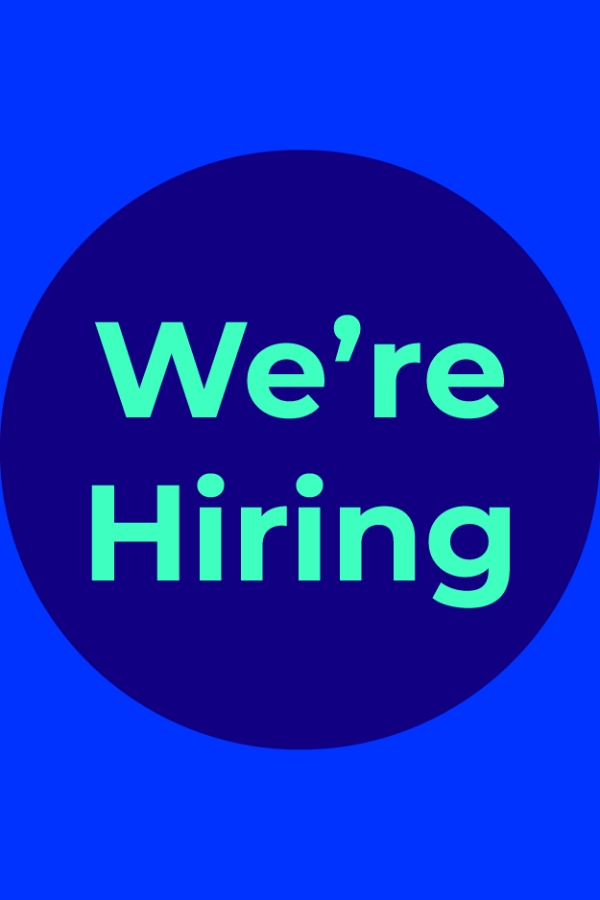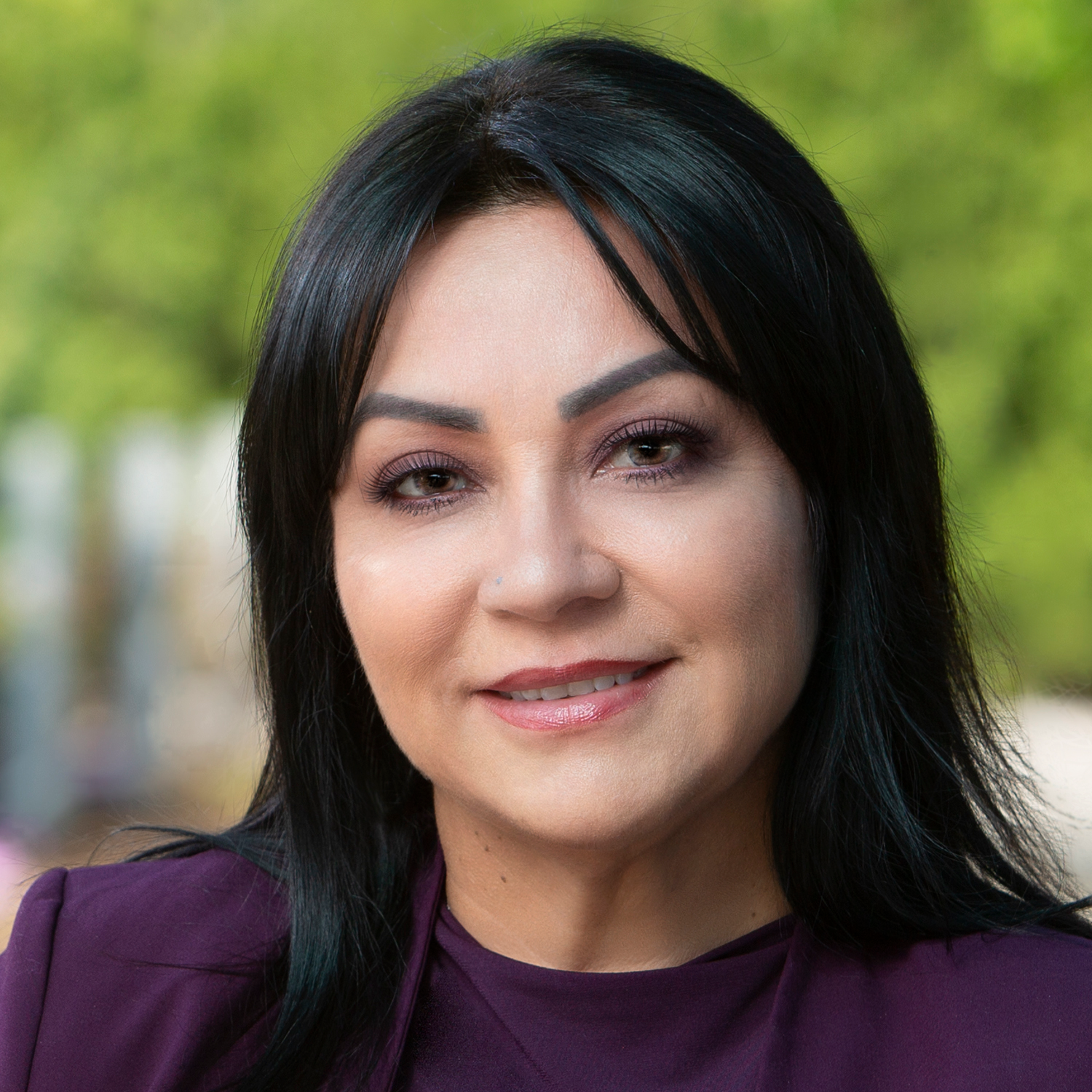
Juneteenth is a federal holiday that commemorates the emancipation of slaves in the United States. It's a time for all people to celebrate African American and Black culture and reflect on the community’s many contributions and achievements throughout history. At The Cigna Group, we are also proud to commemorate Juneteenth by looking ahead to the future, recognizing the many ways we must continue to support the African American and Black community for generations to come.
It is important to note that even though we have made a lot of progress as a society in working toward inclusion and equality for all – there is more work to be done. Black and African American people in the United States experience striking differences in health outcomes compared with their white counterparts. And even though we have made some strides, racism and bias can still be found in our schools, at our jobs, and in our neighborhoods, taking a toll on the community’s health and overall well-being. To address these issues, The Cigna Group launched the Building Equity and Equality Program in 2018, a five-year initiative to expand and accelerate our efforts to support diversity, equity, and inclusion for historically underrepresented individuals.
“Building equity and equality must continue to be the driving force behind the work we do for our customers, clients, and the communities we are privileged to serve.”Eliana Nunez, vice president of diversity, equity, and inclusion at The Cigna Group
“While we take pride in the work we’ve done to date, there is much more to do, and these efforts underscore our commitment to truly make an impact,” Nunez added.
Creating educational and economic opportunities
Inequity in education and the workforce presents significant barriers for the African American/Black community. Research shows a sizable achievement gap affecting the community – from test scores to college attendance rates and representation in education. Research from McKinsey shows Black and African Americans experience underrepresentation in fast-growing, higher-wage industries and have lower odds for advancement, higher attrition in frontline and entry-level jobs, and lower representation in executive roles.
To help make a difference, The Cigna Group is investing in initiatives and partnerships to improve access to education and job opportunities for individuals in underserved and underrepresented groups. For example, we provided a $250,000 donation to the Howard University Urban Superintendent Program, which funded scholarships to help 12 educators achieve promotions to superintendent or executive leadership roles in their communities. The partnership also connected with the National Alliance of Black School Educators to help create a database of African American/Black superintendents in the U.S. to track progress in representation. To help improve the pipeline of African American/Black professionals in healthcare careers, Cigna partnered with Wake Forest School of Medicine. Through a donation of $250,000 to the school, the Cigna Foundation established an endowed scholarship, which will help support diversity and inclusion among students as they embark on careers in medicine.
To ensure diversity among the suppliers we partner and do business with, we are committed to creating opportunities for African American/Black-owned businesses. We've been recognized by the National Minority Supplier Development Council as one of the Top 50 Corporations for Minority Businesses. As an enterprise, we have committed to spending $1 billion with diverse suppliers by 2025 and are on track to reach this commitment, in part through programs like The Cigna Group’s Supplier Mentor Protégé Program. The program pairs minority suppliers with our executives for 18 months to help develop and grow their businesses, positioning the suppliers to compete strongly for contracting opportunities with The Cigna Group.
We are also proud to support a wide range of partnerships and grants with organizations committed to creating educational and workforce development opportunities for the African American/Black community, including the Urban League of Philadelphia, Black Men Teach, LOGOS School, and Concordance.
Addressing health disparities and access to care
When it comes to physical health outcomes and general health access, there are striking inequities for the African American/Black community, and The Cigna Group is committed to addressing these disparities. The U.S. Office of Minority Health reports that African Americans/Black adults are at higher risk for conditions including heart disease, stroke, cancer, asthma, influenza, pneumonia, diabetes, and HIV/AIDS. They are also more likely to experience stigma around mental health challenges.
 Evernorth, the health services division of The Cigna Group, created the Evernorth Geographic Social Determinants Index (EGSDI), which incorporates census data with 22 social determinant measures across six categories: economic, education, food access, health coverage, infrastructure, and language. This helps health plan sponsors quantify the potential impact of SDOH in a particular area, highlighting opportunities to proactively support communities that have a greater likelihood of being underserved.
Evernorth, the health services division of The Cigna Group, created the Evernorth Geographic Social Determinants Index (EGSDI), which incorporates census data with 22 social determinant measures across six categories: economic, education, food access, health coverage, infrastructure, and language. This helps health plan sponsors quantify the potential impact of SDOH in a particular area, highlighting opportunities to proactively support communities that have a greater likelihood of being underserved.
For example, Evernorth helps use this data to encourage health plan sponsors to proactively reach out to underserved populations within their workforces to offer additional support resources, such as patient monitoring and medication reminder programs, referrals to community education initiatives and copay assistance programs, and access to coaches and healthcare professionals who understand the impacts of social determinants. We also use this data to ensure access to quality care, including virtual care and digital platforms such as MDLIVE. In addition, we use the index to improve affordability through payment assistance, preventive care, and prescription drug savings programs, and to promote health literacy with interpretation and written translation services where needed.
Building cultural competency in healthcare is another key way we are working to improve health outcomes for the African American and Black community. Cultural competency in healthcare is the ability to recognize and understand cultural distinctions, address biases, and adapt care delivery and services to meet unique social, cultural, and language needs. We are working to improve cultural competency by increasing awareness, outreach, and training for clinicians in areas of inequity, such as diabetes care.
The Cigna Group will also continue to work with partners to help drive progress with nonprofit organizations that work directly with their local communities. In 2022, we provided a new $100,000 grant to a longstanding partner, the University of Maryland’s Health Advocates In-Reach and Research (HAIR) program. Launched with the help of the Cigna Foundation, HAIR builds upon the rich and powerful history of barbers and beauticians as trusted entrepreneurs in Black and African American communities, working with them to reduce disparities and create a local infrastructure of public health and medical services, including health screenings and education.
Another example is our ongoing partnership with Civic Suds, an organization that engages the community about health equity and SDOH while waiting for their laundry to wash or dry in Philadelphia laundromats. A recent evaluation of our partnership with Civic Suds showed the program continues to see high engagement and positive feedback. In 2022, it achieved a 95% engagement rate and conducted hundreds of 18-question SDOH screenings, which helped inform the community on resources related to housing, nutrition, transportation, and utilities.
Supporting our employees: Leadership accountability and fostering a sense of belonging
Accountability is foundational to our diversity, equity, and inclusion efforts, and as part of the Building Equity and Equality Program, we have launched a number of corporate governance initiatives to oversee, track, and report on our progress.
For example, we launched our Enterprise Diversity, Equity, and Inclusion (DEI) Council, a group of diverse leaders responsible for shaping our organization’s ongoing DEI and health equity efforts. We also release an annual Diversity Scorecard Report to track progress and communicate our health equity goals in a transparent way.
Within our workforce, we are committed to creating an inclusive work environment where people are treated with respect and dignity, and to celebrating the diverse experiences of each of our employees. In 2023, Fair360 ranked us as a Top Company for Black Executives (#7) and within the Top 50 Most Diverse Companies (#14).
One example of our employee efforts is our African American/Black (AA/B) Employee Resource Group (ERG), which promotes empowerment, mobility, and total wellness for our African American and Black employees by connecting them with people and resources that enhance their success. The group hosts events to engage all employees on crucial topics related to the Black community and provides networking, professional development, and volunteer opportunities. This year, AA/B is honoring Juneteenth with a series of employee-led celebrations and discussions on African American and Black culture – through the lens of history, music, and spoken-word poetry.
The Cigna Group encourages inclusive conversations among all of our leaders and employees. Bias training is required for all employees and we are expanding on areas of enterprise learning focused on a culture of belonging and fundamental principles of diversity, equity, and equality. Inclusive mentorship and professional development is another key area of focus. Our internal EMERGE mentoring program currently has nearly 500 participants enrolled across all employee levels. The Cigna Group also offers employees the Transformational Leadership Program, a virtual program that provides coaching, course-specific learning, case studies, and peer-to-peer interaction and networking.
Another example is The Cigna Group’s partnership with McKinsey’s Connected Leaders Academy and Tenshey's Sponsorship program which both aim to advance equity by investing in future leaders. The Cigna Group works with McKinsey and Tenshey on a range of programming for growth, including the development of core management and leadership capabilities to help historically underrepresented employees advance their careers.
In addition to creating a safe and supportive environment within our workforce, The Cigna Group supports our employees’ philanthropic passions in their local communities. The Cigna Foundation matches employee donations to eligible nonprofit organizations and encourages employees to donate to social justice and racial equity and equality efforts.
Beyond our workforce, our leaders are proud to continue work with like-minded organizations to identify, develop, and promote scalable and sustainable public policies to address societal systemic racism and social injustice, and to improve societal well-being. One example is our work with CEO Action. Dr. Luis Torres, medical director for behavioral health in our Evernorth division, is in his second year as a CEO Action Fellow, working alongside representatives of more than 100 of the world’s leading companies and business organizations to address racial injustice at national, state, and local levels.
“We can’t do this work alone, which is why we’ll continue to strengthen the deep relationships we’ve built across our enterprise and within our communities,” Nunez said. “We will continue to foster a sense of belonging for our employees, communities, and customers – a diverse, equitable, and inclusive culture helps everyone develop and thrive.”

Careers at The Cigna Group
At The Cigna Group, we’ve made our commitment to help everyone live healthier, happier, and more fulfilling lives. We’re making real progress, but we still have work to do. That’s where you come in.
